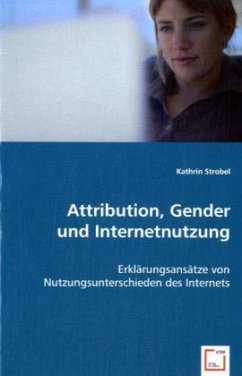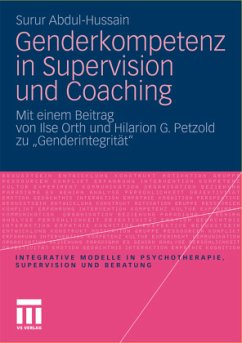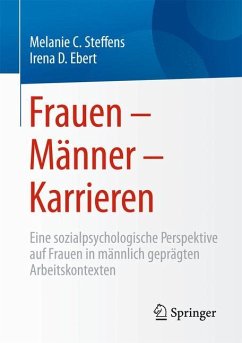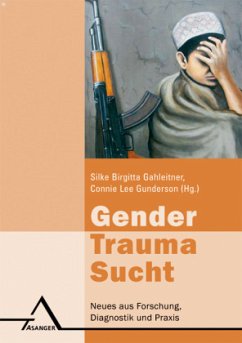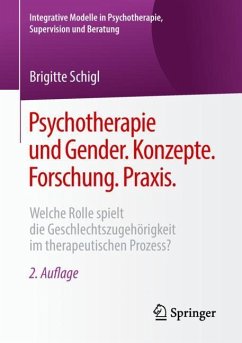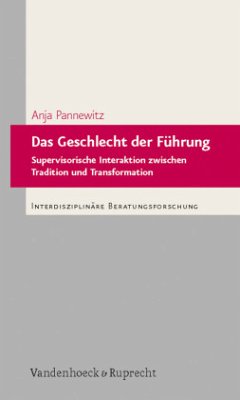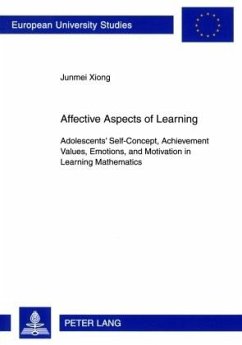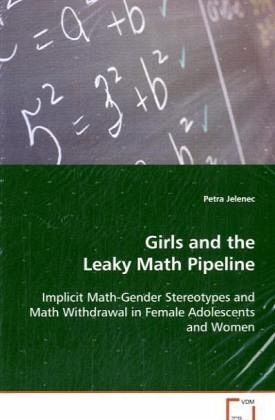
Girls and the Leaky Math Pipeline
Implicit Math-Gender Stereotypes and Math Withdrawalin Female Adolescents and Women
Versandkostenfrei!
Versandfertig in 6-10 Tagen
32,99 €
inkl. MwSt.

PAYBACK Punkte
16 °P sammeln!
Women are still underrepresented in math-intensivefields like computer science or engineering.Math-gender stereotypes have been identified todiminish both math performance and math interest inwomen. Petra Jelenec investigated implicitmath-gender stereotypes in children and adolescentswith Implicit Association Tests (IATs) and Go/No-GoAssociation Tasks (GNATs). In a large German sample,implicit math-gender stereotypes could be detectedpredominantly in girls. Girls at the age of 9 yearsalready revealed implicit math-gender stereotypes,and for adolescent girls, those implicit stereotypeswere rela...
Women are still underrepresented in math-intensivefields like computer science or engineering.Math-gender stereotypes have been identified todiminish both math performance and math interest inwomen. Petra Jelenec investigated implicitmath-gender stereotypes in children and adolescentswith Implicit Association Tests (IATs) and Go/No-GoAssociation Tasks (GNATs). In a large German sample,implicit math-gender stereotypes could be detectedpredominantly in girls. Girls at the age of 9 yearsalready revealed implicit math-gender stereotypes,and for adolescent girls, those implicit stereotypeswere related to academic outcome variables likeability self-concepts and school grades in math andGerman. Further, implicit math-gender stereotypesturned out to be context-dependent. Female universitystudents showed a stronger implicit math-male biasafter completing a difficult math test that wasdescribed in a stereotypical manner. This book isintended for readers interested in implicit socialcognition and stereotype research.



